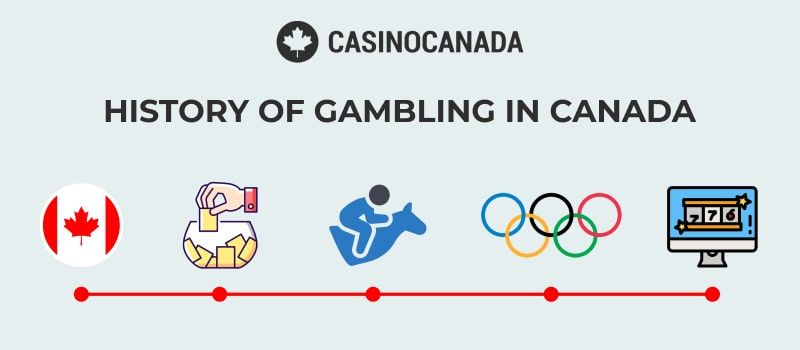
The recent developments in gambling within Canada are closely tied to both physical and virtual casinos. Canada's casino industry has become one of the most lucrative markets for gaming entertainment globally. Players can enjoy a variety of classic casino games such as roulette, blackjack, poker, baccarat, among others. Canadian online casinos Both physical and online platforms offer a diverse array of games.
The online gambling scene kicked off in 1996, with the launch of the first official online casino, which provided a limited selection of games yet still managed to attract many players. InterCasino is recognized as one of the earliest and most renowned online casinos, still operational today. Additionally, the first regulation body for online gambling was established in Canada that same year. casino games Initially, the concept of online gaming seemed unconventional. Players had to adjust to the notion of using a computer instead of visiting famous physical venues. However, the landscape changed rapidly. A few years later, the online casino sector witnessed tremendous growth. After the year 2000, numerous operators entered the market, creating one of the most flourishing industries worldwide.
Presently, Canada stands out as one of the most significant gaming markets globally, raking in billions of dollars annually. International game developers are eager to collaborate with Canadian platforms due to their immense popularity. Canada has become a key player in the realm of casino entertainment.













